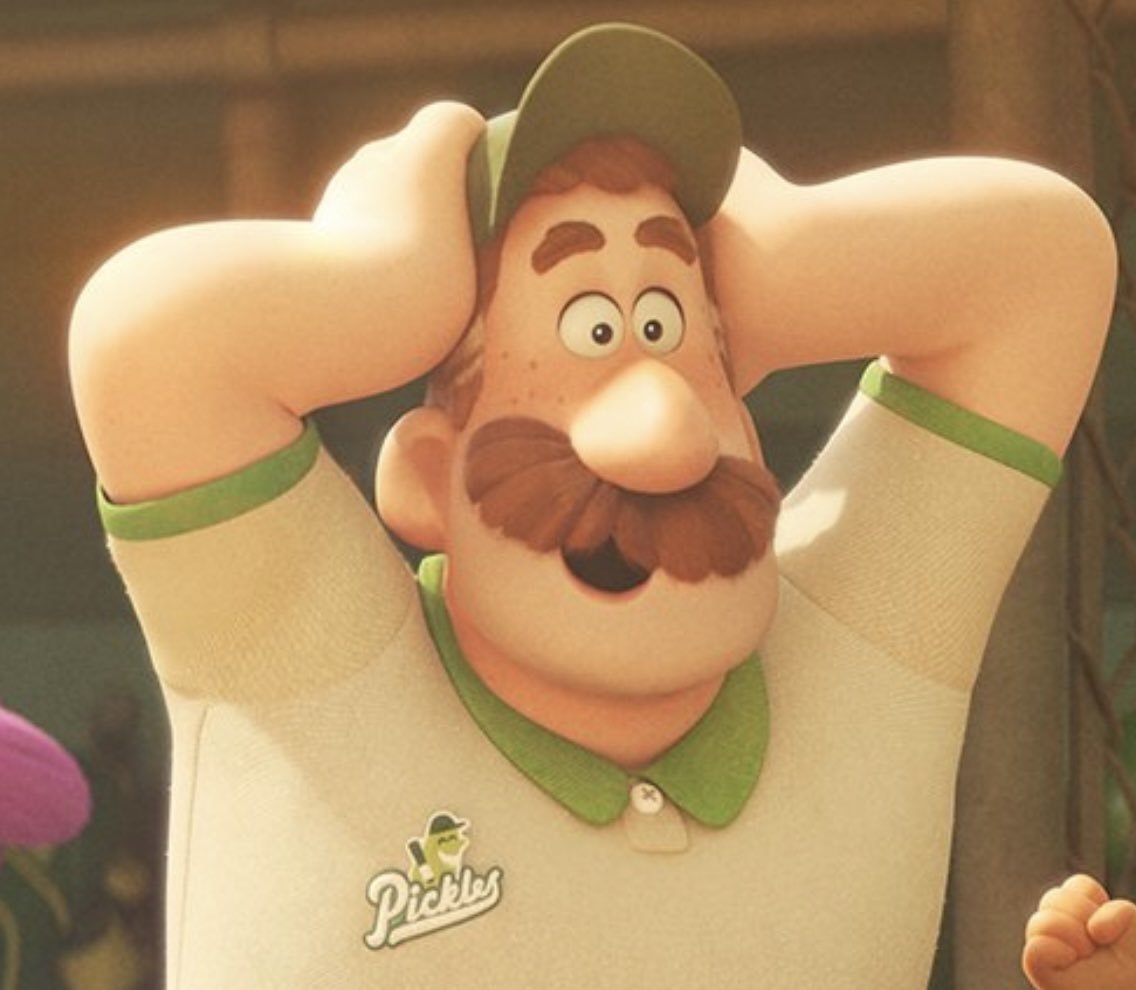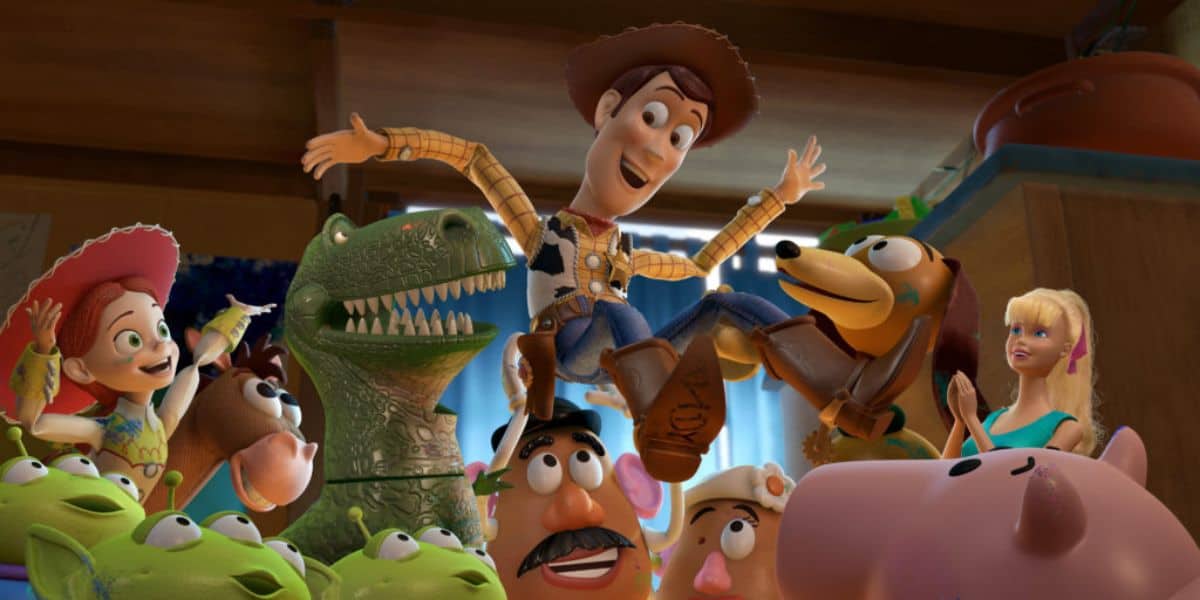Disney has exposed your child’s privacy and had to pay $10 million in lawsuit settlement, leading to the House of Mouse having to reveal more details about this issue that took place in 2020.

Minors Exposed by Disney? Privacy Data Leaked According to New Lawsuit
Parents expect Disney to stand for magic, imagination, and—above all—safety. So when news broke that the entertainment powerhouse agreed to pay $10 million in penalties tied to children’s privacy violations on YouTube, the story landed with shock.
On the surface, the fine looks like just another legal settlement. But look closer, and it points to a much bigger issue: how children’s data is being tracked, collected, and monetized in ways most families never see.
Before diving into what the FTC uncovered, here’s what you need to know about how this case could shape the future of digital safety for kids.

Disney’s Misstep and the FTC’s Allegations
According to a complaint filed by the Federal Trade Commission, Disney failed to properly mark hundreds of YouTube videos as “Made for Kids”—a designation required by the Children’s Online Privacy Protection Act (COPPA).
This meant videos based on hit movies like Frozen, Coco, The Incredibles, and Toy Story were left open to data collection and targeted ads, despite being directed at children under 13.
FTC Chairman Andrew Ferguson called the fine a safeguard for families, stating:
“Our order penalizes Disney’s abuse of parents’ trust, and, through a mandated video-review program, makes room for the future of protecting kids online — age assurance technology.”
The settlement requires Disney to launch a stricter Audience Designation Program to prevent future errors.

What Parents Should Do Right Now
Even though this case involves Disney, the lessons apply to every family navigating online platforms:
-
Audit your child’s YouTube experience: Make sure they’re using YouTube Kids or supervised accounts.
-
Pay attention to designations: Videos marked “Made for Kids” turn off features like autoplay and comments—red flags if you don’t see them.
-
Use app-based parental controls: Many third-party apps add another layer of monitoring and content filtering.
-
Talk to your kids: Teach them how to recognize sponsored content and why online privacy matters.

The Hidden Details Few Fans Know
Here’s the part most parents might not realize: Disney wasn’t just posting content for fun—it profits directly from YouTube ad revenue. By mislabeling some channels as “Not Made for Kids,” those videos could run lucrative targeted advertising campaigns.
What’s more, YouTube itself had to repeatedly step in between 2020 and 2022 to redesignate Disney’s content correctly. The fact that the problem continued after early warnings has raised questions about Disney’s oversight.

Why This Story Resonates Beyond Disney
This isn’t only about one company—it’s about the role of trust. For decades, Disney has been a cornerstone of family-friendly entertainment. Yet even a brand so synonymous with safety is now under fire for overlooking the very laws designed to protect children.
The numbers tell the story: in 2019, YouTube paid $170 million for similar privacy violations. Disney’s $10 million fine may be smaller, but it underscores a pattern regulators are watching closely.
For families, the bigger takeaway is clear: in the online world, no brand can be assumed risk-free.

Closing Takeaway for Disney Fans
Disney insists it has always supported child privacy protections and clarified that the settlement does not involve its own digital platforms. Still, the FTC’s ruling puts a spotlight on the blurred lines between entertainment and advertising in kids’ media.
With talk of age assurance technology growing louder, families may soon see stronger safeguards—but until then, vigilance remains key.





